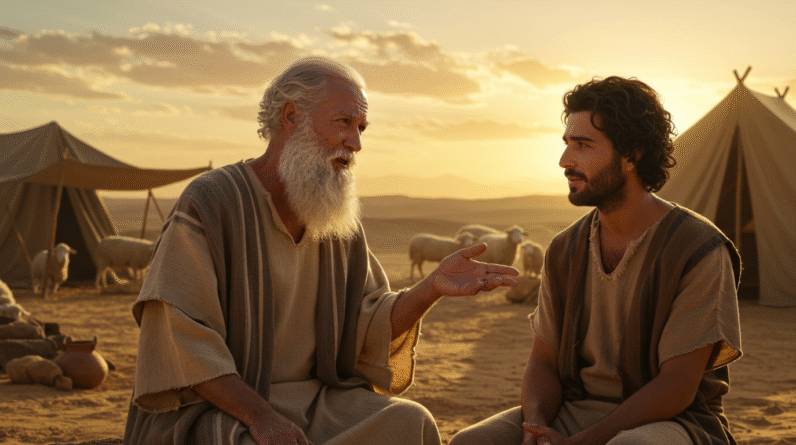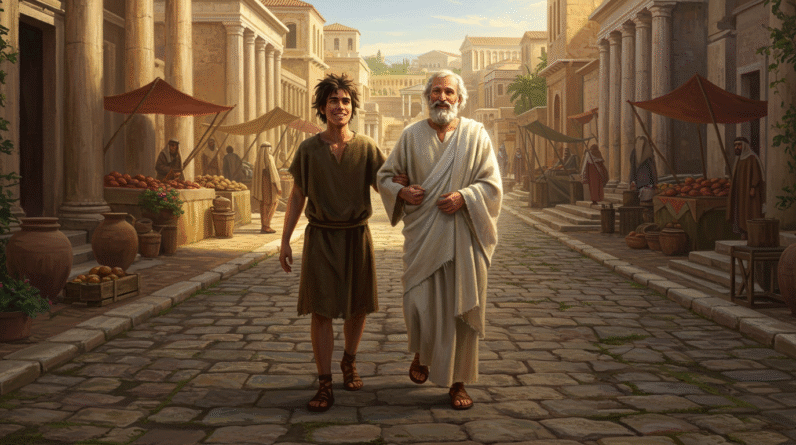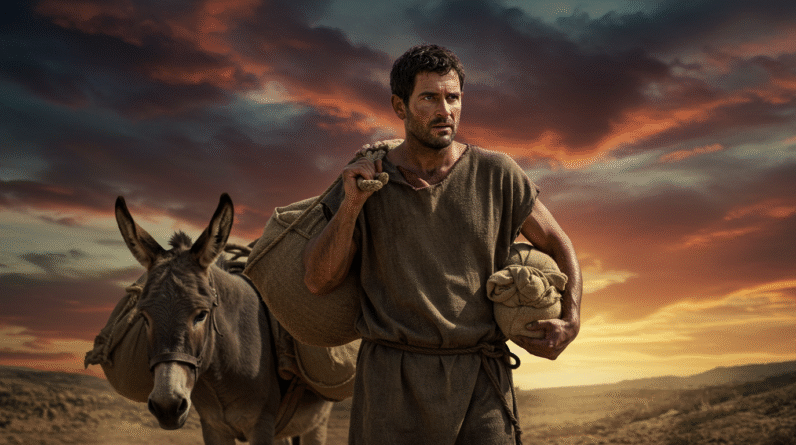Discover the enigmatic Ahijah the Shilonite, whose timeless prophecies shaped Israel’s fate. Explore the profound dynamics between power, wisdom, and divine will.
Ahijah the Shilonite and the Kingdom’s Fate
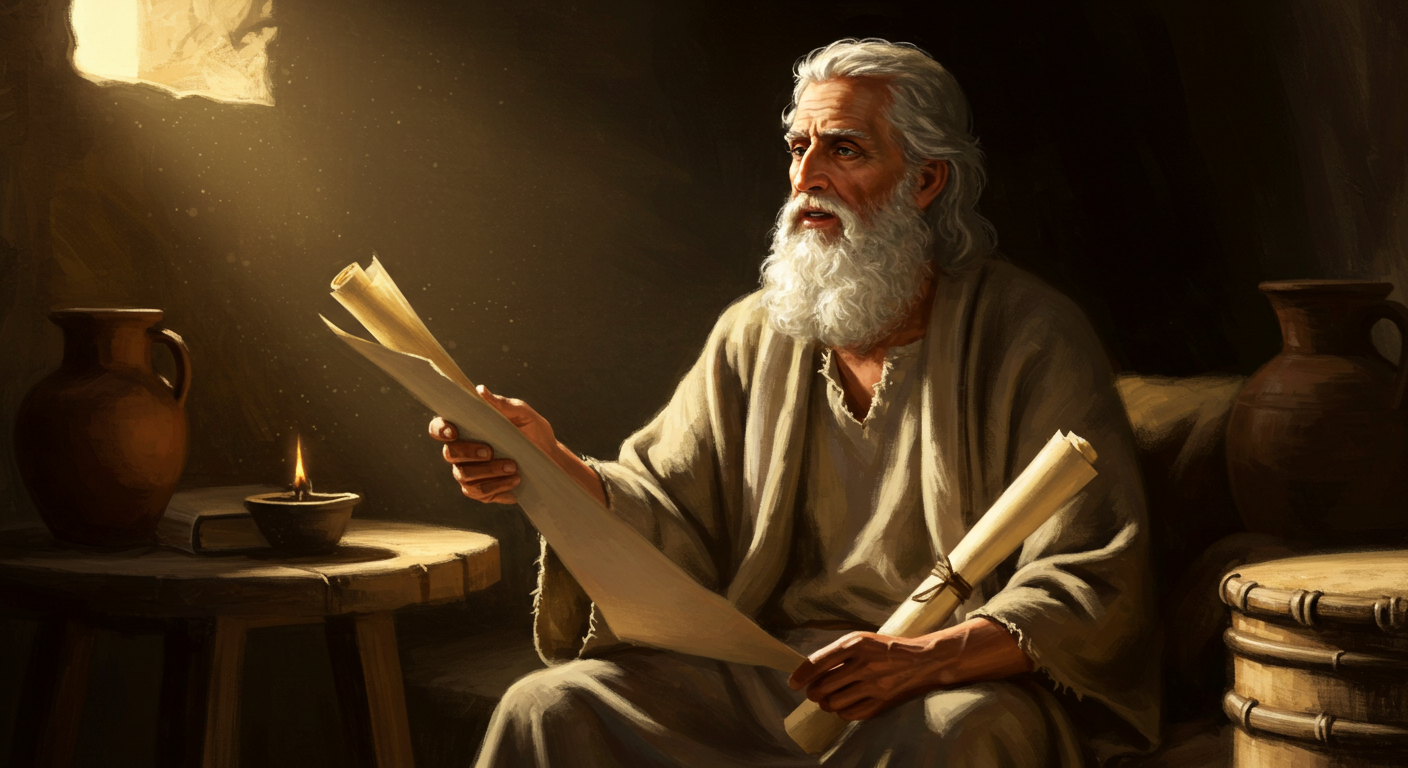
Picture this: a land divided, a prophet standing alone with words that could reshape destiny. Welcome to the story of Ahijah the Shilonite, a figure whose voice echoes through the corridors of time as he was entrusted with a pivotal role in the unfolding saga of Israel’s kingdom. Just as a whisper can tilt the balance of fate, Ahijah’s prophecies about the future of Israel resonated beyond the immediate vicinity of his life. His story, shrouded in intrigue and divine intervention, serves as a gateway to understanding the complexities and divine orchestration behind the shifts in ancient kingdoms.
Ahijah: A Beacon in Shiloh
Ahijah hailed from Shiloh, a city with spiritual significance as it housed the ark of the covenant before the temple in Jerusalem was built (1 Kings 11:29). Beyond the physical backdrop, the name Ahijah, which means “brother of the Lord” or “my brother is Yahweh,” hints at a deep spiritual connection. As a prophetic figure, Ahijah played an integral role during a tumultuous period in Israel’s history, with his life and messages acting as divine instruments that herald both hope and caution.
Prelude to a Prophetic Narrative
Envision a time when the kingdom of Israel, bound by the reign of Solomon, faced its twilight. Solomon’s wisdom, wealth, and grandiosity could not veil his later years’ divergence from obedience to God. It was during this period of spiritual decline and political unrest that Ahijah emerged as a voice of divine wisdom, tasked with proclaiming God’s message concerning the fractures that would soon cleave the heart of the nation (1 Kings 11:29-31).
Ahijah’s Prophetic Encounter
The narrative unfolds with Ahijah meeting Jeroboam, a powerful labor leader under Solomon’s rule. In a dramatic encounter, Ahijah presented Jeroboam with a new cloak, tearing it into twelve pieces, symbolizing the divided kingdom that awaited Israel (1 Kings 11:30-31). This symbolic act shed light on the impending split—a message that ten tribes would form a new kingdom under Jeroboam’s leadership, leaving two tribes for Solomon’s lineage. It was a moment etched with significance, where every ripped piece of cloth was a testament to divine sovereignty and the consequence of a king’s faltering allegiance to God.
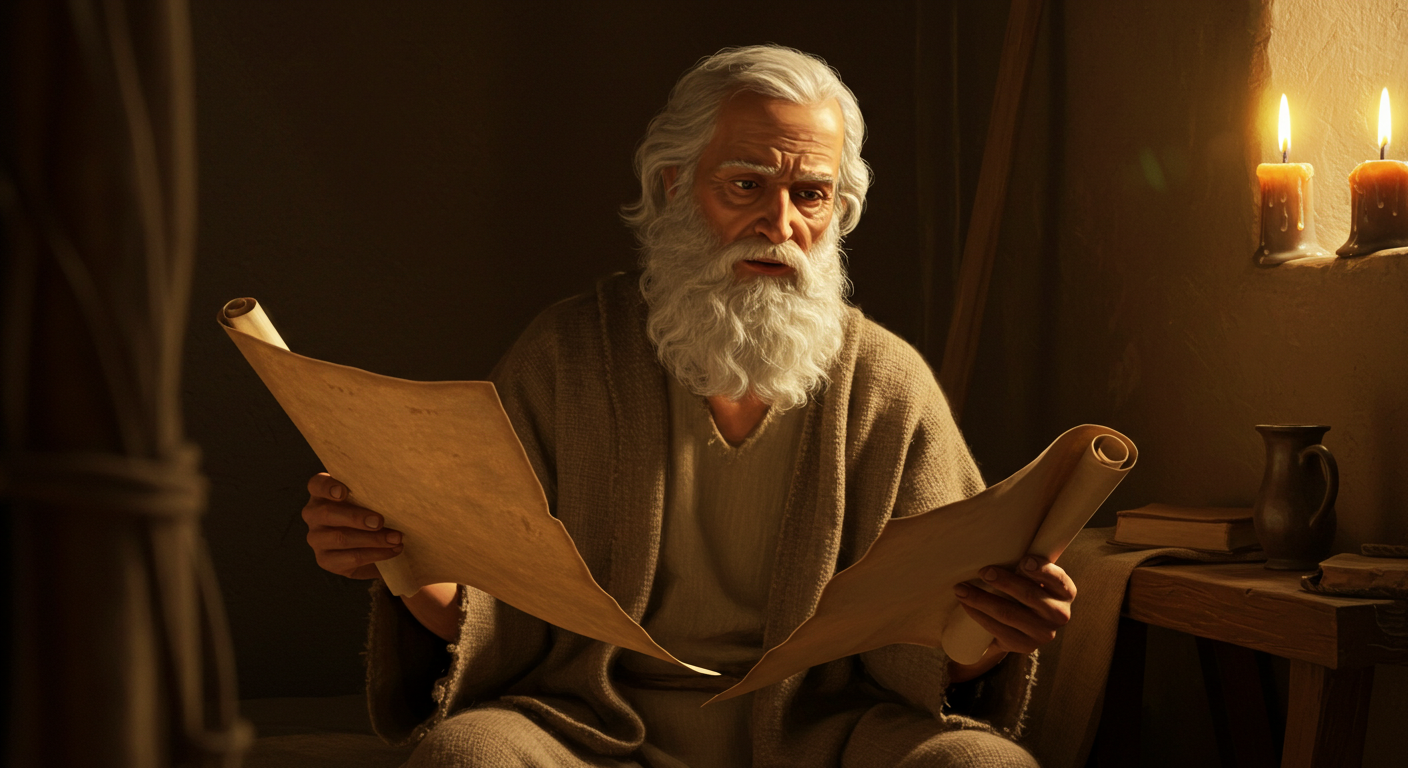
Lessons from Ahijah’s Life
Ahijah’s life offers profound insights into modern living, transcending centuries and speaking to the core of human experience. Firstly, the courage to speak the truth in a climate of shifting morals remains relevant. Ahijah didn’t shy away from delivering God’s message, no matter the weight or potential repercussions. It challenges us to uphold truths that transcend time, even when society veers toward convenient narratives.
Moreover, the story underscores the transient nature of earthly power against the backdrop of divine will. Through Ahijah’s prophecy, we are reminded that human ambition, when unaligned with divine plans, often leads to downfall. Solomon’s kingdom epitomized grandeur, yet it was obedience to God’s covenant that determined its endurance.
Translating the Past into the Present
In today’s world, societies and individuals face their versions of division and challenge. Ahijah’s story speaks across time, reminding us of the consequences when spiritual and moral foundations are neglected. Much like how Ahijah acted as a bridge between God and the people, we are called to be bearers of hope, truth, and integrity in our communities and personal lives.
The divisions that Ahijah prophesied were less about geography and more about spiritual fidelity. This serves as a call to examine where loyalties lie today—whether our actions align with transient human values or with eternal truths. It nudges us toward introspection, urging a balance between ambition and divine purpose.
A Key Verse: Echoes from the Past
“For I will take the kingdom out of his son’s hands and give you ten tribes” (1 Kings 11:35). This verse encapsulates the core of Ahijah’s prophetic mission and serves as a poignant reminder of the boundaries of human reign shadowed by divine sovereignty. It’s a testament to the fact that ultimate authority belongs not to kings and rulers, but to God, whose plans are sovereign and unalterable.
Reflective Pause: A Question for Today
As you ponder Ahijah’s life and his message, consider: In a world constantly pulling you in various directions, how do you discern between personal ambitions and divine nudges? What steps can you take to ensure your life aligns with a higher calling rather than fleeting pursuits?
Ahijah’s story holds lessons that surpass the frames of history, nudging us to unlock the deeper recesses of our faith and allow divine truth to illuminate our paths. As you close this chapter, if this journey through biblical antiquity spoke to your heart, feel encouraged to clap, leave a comment, and subscribe for future insights as we delve into more timeless stories and what they can illuminate today.


